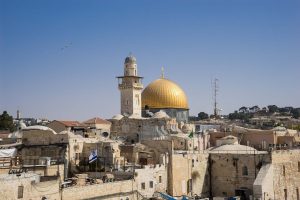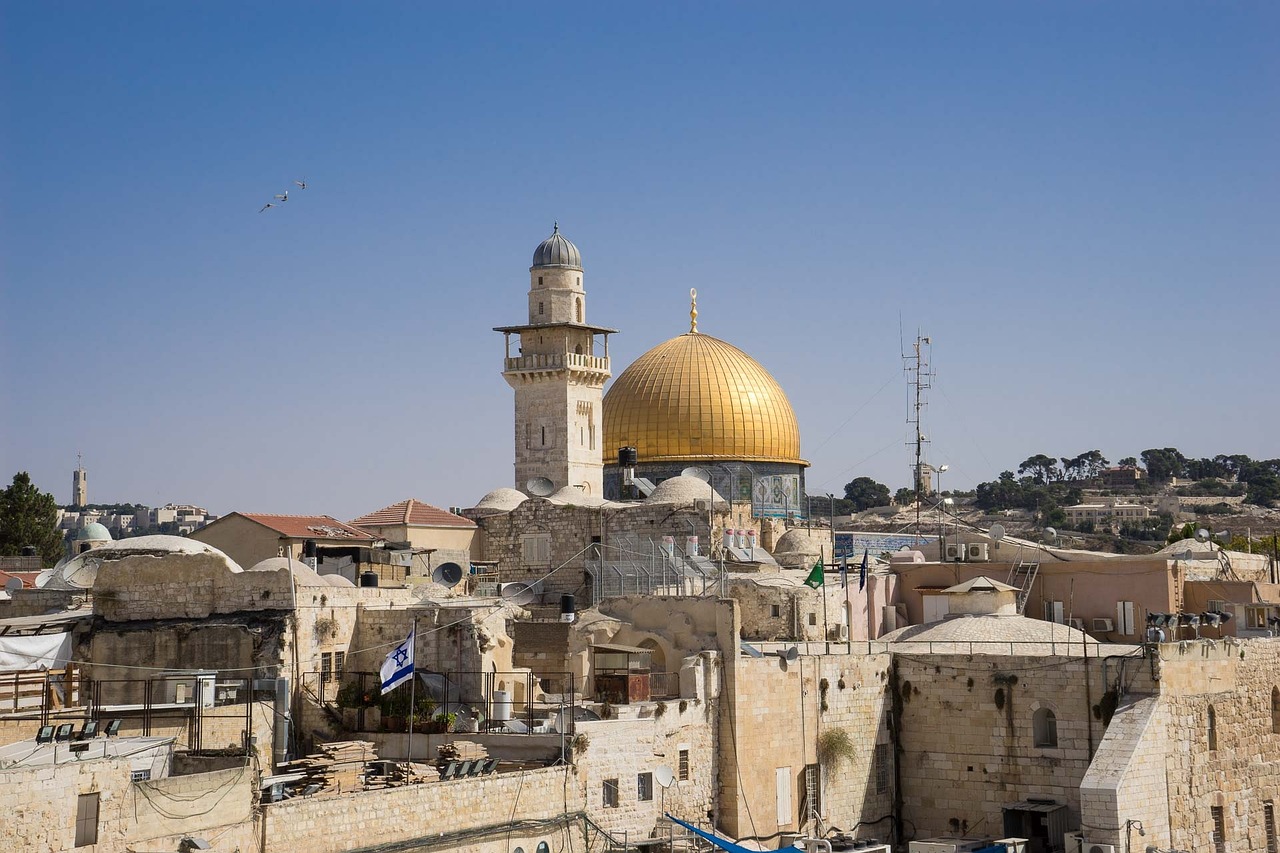For decades, open prayer, including prostration, was prohibited for Jewish visitors to the Temple Mount in Jerusalem to avoid offending the local Arab population. However, this practice is now becoming routine.
National Security Minister Itamar Ben Gvir, a strong advocate for allowing open Jewish prayer at the Temple Mount, performed a prostration there and encouraged others to do the same to mark the 9th of Av (August 13th this year), a day of mourning for the destruction of the Temple in Jerusalem.

In his role as National Security Minister, Ben Gvir has instructed the police not to enforce previous regulations that required them to remove Jews who prostrated or engaged in open prayer at the Temple Mount.
Israeli Prime Minister Benjamin Netanyahu has attempted to downplay the rise in open Jewish prayer at the Temple Mount, asserting that “the status quo has not changed.”
This development is not unexpected for some activists, who point out that discreet open prayer has been allowed at the Temple Mount since 2018, when Gilad Erdan served as police minister.
Nevertheless, visitors are now engaging in more overt forms of worship, including prostration, singing, dancing, and praying loudly, moving beyond the previously accepted discreet practices.

